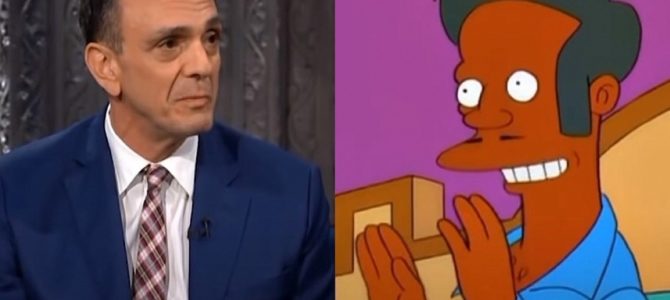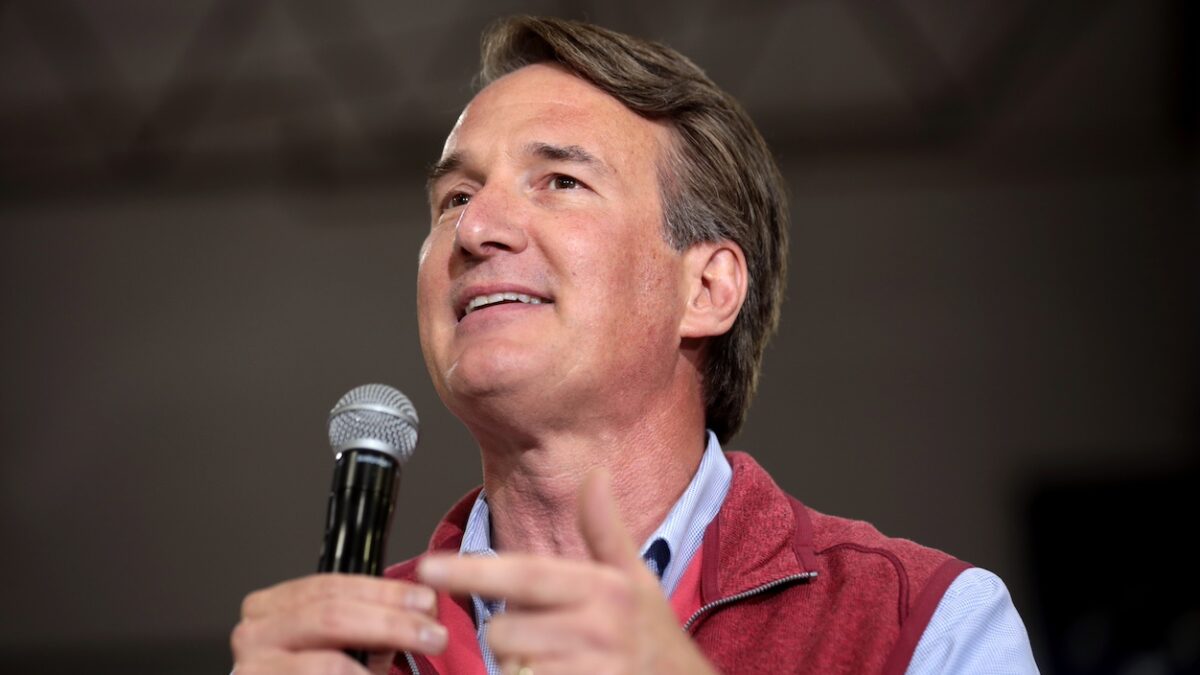
For decades, actor Hank Azaria provided the voice for Apu Nahasapeemapetilon, a beloved character on the long-running animated series, “The Simpsons.” In recent years, Azaria, who is white, faced criticism for playing Apu, an Indian American. Leading the charge against Azaria has been Hari Kondabolu, an Indian-American comedian who dedicated an entire documentary to Azaria’s portrayal of Apu, entitled “The Problem with Apu.”
In 2020, Azaria announced he would no longer voice Apu. Last week, Azaria took matters a step further, declaring on a podcast that he feels the “need to go to every single Indian person in this country and personally apologize.”
An Indian American, I wish to make clear that, for me at least, absolutely no apology is necessary. The charges against Azaria amount to little more than a running complaint about being offended and reveal the challenges with using offense-based victimhood as a basis to persuade or inform. Sadly, Kondabolu does neither.
So, what exactly is “the problem” with Apu? Let’s start by examining Apu’s job. The concern about portraying an Indian American as a convenience store owner or worker presumes there is something inherently wrongful with being behind the counter of a convenience store. There isn’t. It is honest, hard work. It’s the American Dream in action, or at least in progress.
Sure, I would prefer that Indian Americans and others not work as a 7-Eleven clerk, gas station attendant, or cab driver. This is because there is a greater likelihood that anyone holding these and similar roles will be robbed, assaulted, or killed. Four days after 9/11, for example, a turbaned Sikh from India was shot to death outside of a gas station in Mesa, Arizona. My preference, therefore, is grounded in safety, not shame.
Apu not only holds an undesirable position but has a heavy accent. In highlighting these characteristics, Azaria and “The Simpsons” are said to be responsible for popularizing and perpetuating a crude stereotype of Indian Americans, thereby emboldening the viewing public to use that same stereotype against Indian Americans.
The reality, however, is that these traits exist in the Indian American community. The solution is not to scrub traits that are embarrassing to some and to therefore present some sanitized or idealized version of the Indian American immigrant experience. It lies instead in the straightforward recognition that material used in an imaginary cartoon world serves as no license using that material for ill purposes in the real world.
To the extent that Kondabolu and others charge that Apu has been reduced to his job or accent, they would be committing the same error as those who look past the entirety of an Indian American and focus solely on certain, conspicuous characteristics. “The Simpsons” presented Apu as a multifaceted individual, a dutiful husband, son, and brother, who was highly educated in India and is trying to make it in America.
Yes, the boardroom that green-lit the Apu character likely did not have an Indian-American at the table. Even if an Indian American was not part of the decision-making process involved with the production of “The Simpsons,” however, many Indian Americans, myself included, nonetheless support the decisions.
Nor do we have concerns that a white actor voiced an Indian-American. For years, Azaria ably provided that voice. Mutuality of race is not a necessary qualification for being able to do a voice.
This is not to suggest that every portrayal of an Indian voice is to be celebrated. For example, Ashton Kutcher’s use of an Indian accent in a 2012 commercial was poorly done and hackneyed. But Kutcher’s lame acting offended my comedic sensibilities, not my identity or sense of self as an Indian American.
What happens when some members of a group find offensive what others in the group do not? Increasingly in today’s society, that veto power will be wielded by those whose skin is the thinnest and whose restrictions therefore would be the greatest. Giving the most deference to the most easily offended, however, is a bad idea.
Lest anyone thinks this conversation is merely about jokes or labels, the complaints about Apu and against Azaria have meaningful costs. They use offense or restatements of feelings as a substitute for argument or persuasion. They engender and entrench an attitude of victimhood in the complaining community. They alienate prospective allies from issues of real significance. They divert and distract from those challenges. And they limit the scope of art that the public can consume and that actors can provide.
There is a real problem here. But it does not lie with Apu or Azaria.









